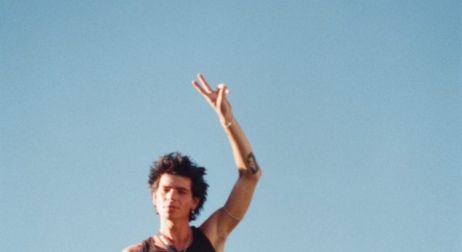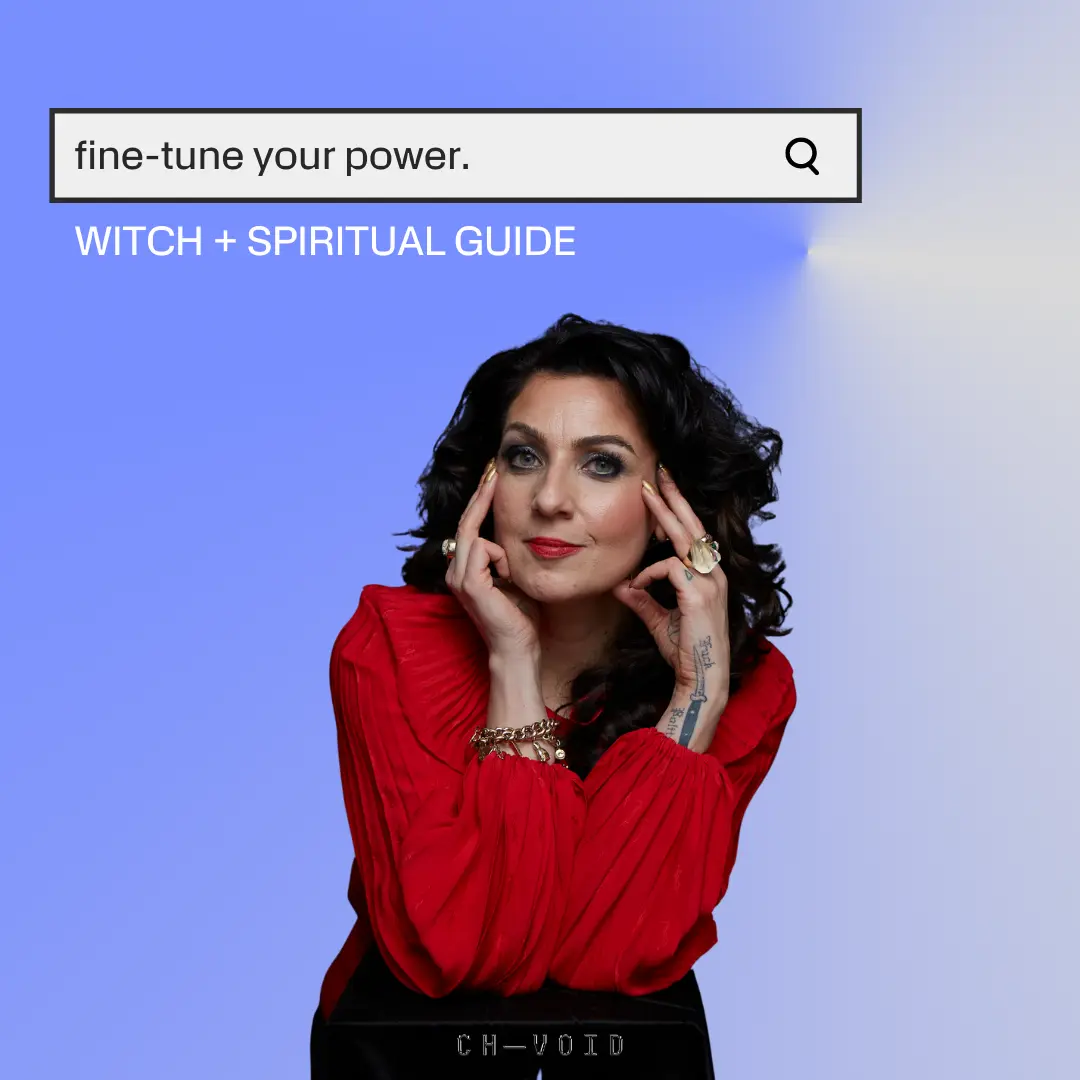What does “afford to live” mean anymore?
Advice for young creatives wondering if they’ll ever “make it”.
In four out of every five restroom stalls at uni, just above the toilet paper, someone had scribbled in, “Arts degree, please take one,” in permanent marker. The replies ranged from triggered anger, ‘”Fuck off back to engineering!” to smug brilliance, “Duchamp approves this message.”
I had no shortage of people asking me why I was pursuing an arts degree, why not something more vocational? The cheery spin was: “I don’t know what I want to do with my life and an arts degree lets me explore.” The harsh truth was: “I literally can’t see myself in any career, let alone slogging it out at a desk in a suit, 9-5 every day for the rest of my life. I think all I want to do is write all the time, but there’s no one in my life who works in the creative industries who I can use to model that pathway. What is life? Oh god, please help. And please tell me this existential anxiety is a passing phase!”
The bad news was, since then I’ve had more existential crises than birthdays.
My high school had a careers guidance counsellor—well, from memory he was a science teacher who also allegedly helped to guide us towards whatever career we were destined for. I can’t remember a damn thing he said for two reasons.
1. I was too busy wondering, but too shy to ask, had his careers guidance counsellor predicted that he’d become a guidance counsellor?
2. I was still reeling from learning that he recommended my friend, David, become a religious leader.
When it comes to career advice, it’s hard to know where to look. Assuming you make it through the rigmarole of high school —an education system developed 200+ years ago (and barely changed since) in response to the industrial revolution to prepare children to work in factories—you can turn to your parents, extended family, disorientating university open days and internet listicles. That’s pretty much it. You’re still recovering from the overhyped stress of your final year exams, and if you want to keep pace with your peers, you’ve already submitted your preferences for courses and universities before you even found out what grades you got.
What’s the rush?
How do you answer the question: what should I do with my life so I can afford to live?
I’m a writer and come from a very career-driven family and both my parents are in law. The most creative career in my immediate family was my uncle who was a journalist. I remember dad talking about a friend of a friend who was an artist but it was obvious to me that wasn’t a life he wanted for me. I wasn’t a painter or a sculptor or an actor or any of the traditional artist skill sets. So with no creative role models in my life and no real idea of how to explore my creativity, an arts degree seemed like the best solution. It let me try a heap of different subjects from anatomy (I thought I wanted to be a physio for a while there) to Portuguese, psychology and creative writing.
It was in the creative writing class that I had my a-ha moment. Writing was easy, especially compared to juggling Portuguese and Spanish in the one-semester—so similar, so different. Creative writing gave me a crackle of hope that I may have stumbled onto a valuable skill set and potential career path, or at least something that excited me. But as I neared the final sheets of my arts degree roll, I still couldn’t see the “career path” society told me I must diligently wander for the rest of my days.
Dad suggested I get a job in advertising because Bryce Courtenay worked in advertising until he was in his 50s before writing The Power of One and maybe I could do the same. It was a comment so loving and well-intentioned but it fell on deaf ears. I didn’t want to step into a corporate job, especially one that chews people up like advertising, to legitimise my pursuit of writing. For the first time, I started to identify as creative and had no idea how to develop or explore a career path in it. As I continued studying writing with a Masters of Creative Writing, I started seeing the different writing paths. Novelist was the dream for the prestige but with writers receiving 3-5% of RRP on books that usually take years to write, it’s not the best way to pay rent or buy food – and that’s assuming you can get it published.
Then I learned about copywriting, working as part of a marketing team coming up with ideas, writing email newsletters and blog posts, writing for digital platforms and publications—a whole world of creative careers with varying degrees of creativity I never knew existed. Then new writing jobs were being created before my eyes: social media marketing and email marketing specialist roles, and then the rise of Search Engine Optimisation (SEO) content writing. Which made me realise how difficult it is for older generations—our parents, teachers, whoever—to guide us, especially in creative careers when the job landscapes is changing faster than the view out a bullet train’s window. When they were in my position, the internet didn’t exist. Social media didn’t exist. I didn’t exist. So it started to make sense why the guidance I was given felt more like misdirection.
The career paths I heard about were going to uni, studying, getting a graduate job, working hard until you got a promotion, a bunch of stuff happens, then you have a family, buy a house, retire then die… or something. I can’t really remember because I was thinking about the other two career options they suggested for David: drama therapist and lawyer—where’s the through-line on all those options? The other one was jumping in and doing an apprenticeship for a trade. That was it really. There’s starting a business too—that’s never been easier thanks to the global economy being in nearly everyone’s pocket and only a few clicks away.
My older brother studied commerce arts—the prestigious way to be indecisive—and got into marketing. He worked for long stints at a couple of traditional companies until he’d earned the title marketing manager. His career path was more like a career highway, really. My career path by comparison looked like it had been plotted by sticking a GPS tracker on an urban fox and tracking it for five weeks during mating season. The funny thing was, we both ended up as marketing managers for a while. I started Paper Sea Quarterly— a self-funded print publication about surfing, art and travel halfway through my creative writing course. Creating something from scratch cleared a career path for me and it was all thanks to taking a huge creative risk and starting a print publication when the print industry was in its death throes.
The creative director of Melbourne bag brand Crumpler, Sam, saw the magazine in a newsagent (remember them?) one night while he was waiting for his takeaway chicken and chips to be cooked next door. He called the number for advertising inquiries—mine—and asked me what it was all about. I set up a meeting for the following week. Crumpler advertised in the magazine for a year before I asked if he had a role for me in the marketing team. That started a career path into marketing, which paid the bills and taught me heaps. An even more valuable lesson to come from this was one of balance.
I loathe the saying, “Love what you do and you’ll never work a day in your life.” Fuuuuuck that saying! My goodness, being paid for what you love most in the world is such a rarity it hardly bears thinking about. I hate this saying so much because it sets such a narrow scope for success and leaves so much room for frustration and dissatisfaction. I love writing—love it. I love writing articles, photo essays, blog posts, essays, short stories, long stories. But finding people to pay me for it is hard. And it’s different from writing for myself, too.
When you’re pursuing a passion project, how do you measure its success? Probably not by how much money it makes you. When you start measuring what you love by how much you earn from it, you might find your relationship with it changes. Or maybe not! It’s taken me well into my thirties to find a balance that works for me.
I’m now an independent copy and content writer, and I’ve never been this happy in a “career.” Yet people still swallow nervously when I tell them I’m a writer. “Oh, cool. What do you write?” Mainly words, I’d say, but sometimes I’m not a smart arse. And when I tell them I’m a freelance writer I can see them looking for a busking hat to throw some change into. And I know the older I get, the more panicked people will be for me. Creative careers aren’t just for the overly confident 20-somethings with no dependents and optimism to burn. They’re becoming more common as remote work becomes the new normal, more legitimate as businesses realise the strengths and benefits of using freelance workers for short-term projects, and more visible as social media offers a platform for creatives’ work.
If you’re contemplating a creative career path, the best thing you can do is reach out to people who are doing the same thing a little further down the path and seek their guidance. Because people around you may not have the experience or context to be able to guide you, but people in the creative industries are usually up for a chat.
Looking back on my career fox-GPS-path, I feel like I wasted a lot of time and energy in the wrong places. For too long, I didn’t know what I was looking for. I didn’t know what was possible. And the nagging doubt in the back of my mind that I should throw my dreams in the recycling bin and grab a traditional career continues to tug on my brain. I didn’t know the best way to optimise for my definition of success. Now I do and I’m so happy writing for different brands, platforms and myself.





















